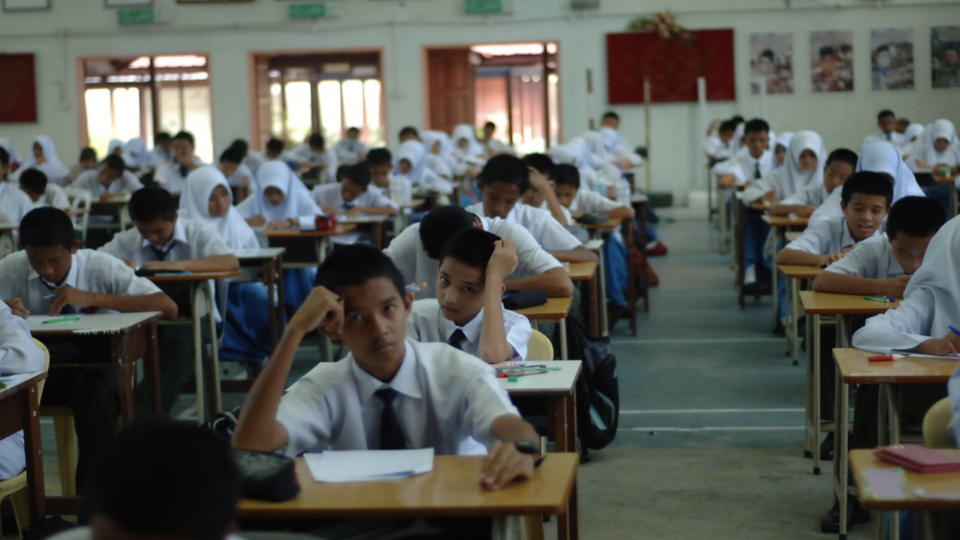Instead of claiming that Malaysia is on par with Singapore and Japan when it comes to its education curriculum, Education Minister Fadhlina Sidek should have enlightened the public of the ongoing efforts being made to achieve this target, said Noor Azimah Abdul Rahim, the chairman of the Parent Action Group for Education Malaysia.
Noor told Coconuts the minister should qualify her statement that although the country’s education curriculum is at par it is the delivery of the subject matter by teachers is the concern and its outcome.
“The term ‘curriculum’ is defined as ‘…the subjects comprising a course of study in a school or college’,” she said.
“Therefore in terms of the list of subjects included, we are possibly, on par with Singapore and Japan. However it does not mean that the content is taught thoroughly and in depth while apprehension over the marking system remains,” she added.
She said it is public knowledge that Malaysia is way behind in the rankings of Trends in International Mathematics and Programme International Student Assessment (PISA), which measures 15-year-old students’ academic performance in mathematics, science, and reading.
“By not being absolutely honest with the current situation she has instead invited brickbats what would have been opportune to raise hopes for a reformed education system,” Azimah added.
Last week, the minister claimed that Malaysia’s curriculum is comparable to its neighboring countries such as Singapore and Japan.
According to her, this was based on a comparative study the ministry conducted which also involved comparing Malaysia’s curriculum to that of Australia, the United Kingdom, and Finland.
“The findings showed that the school curriculum in Malaysia is comparable to the curriculum of the other countries,” she said in a written parliamentary reply.
Meanwhile, Syed Saddiq Syed Abdul Rahman (Harapan-Muar) said on Tuesday that parents were growing increasingly concerned about the quality of the national curriculum in comparison to private education.
He told Dewan Rakyat that Singapore and Japan outperformed Malaysia on the global Pisa.
He went on to say that the education sector received up to 20% of national spending, which is higher than in Singapore and Japan.
The changing trend, according to Syed Saddiq, indicated that the education industry was in crisis and urgent reforms were needed.
He also noted that teachers in national schools were overburdened with clerical duties, administrative tasks, and juggling two or three roles – all while performing their primary duty of teaching.
ALSO CHECK OUT:




